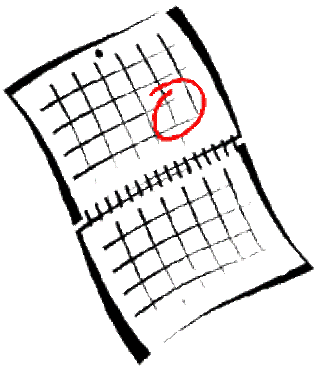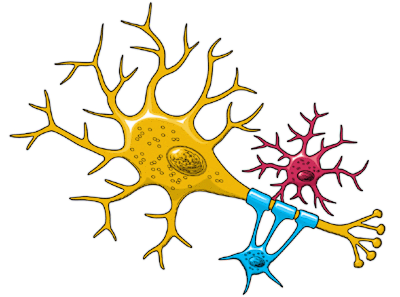Author: John Krzeczkowski & Lisa Dyce
Hey new graduate students!
Congratulations and welcome to MiNDS! We are all very excited to have you in the program and are looking forward to getting to know you in the year ahead. The jump to graduate school is an exciting one, but it can also be challenging, nerve-racking and overwhelming at times. As graduate students who were in your shoes just one year ago, here are a few tips we’d like to share to help you get off to a great start in MiNDS:
.png)


.png)
.png)


We really hope that you find these tips helpful! Although graduate school can be a tremendous challenge, it is important to remember that you’ve worked hard to get here and that you will have a successful and enjoyable graduate career. We’re all excited to see what you’ll accomplish in your time here in the MiNDS program.
Good luck!